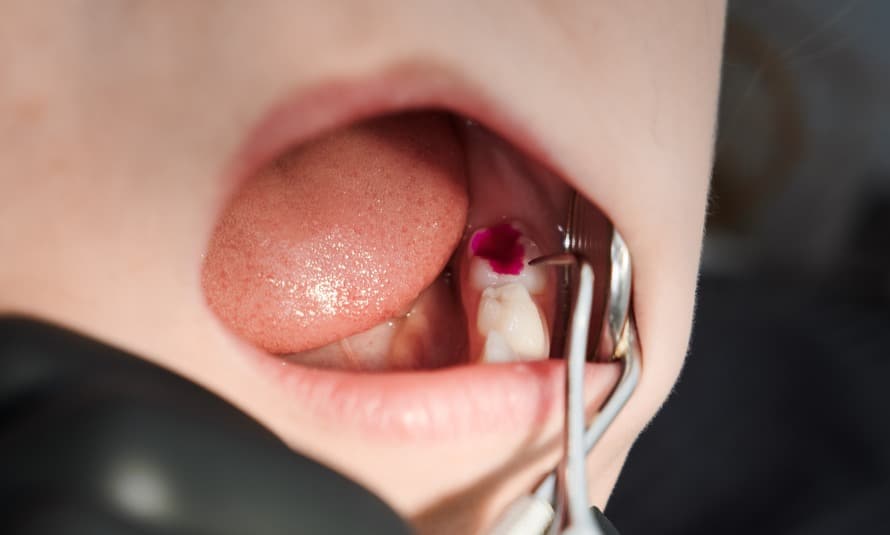Dental Hygiene: How to Care for Your Child’s Teeth
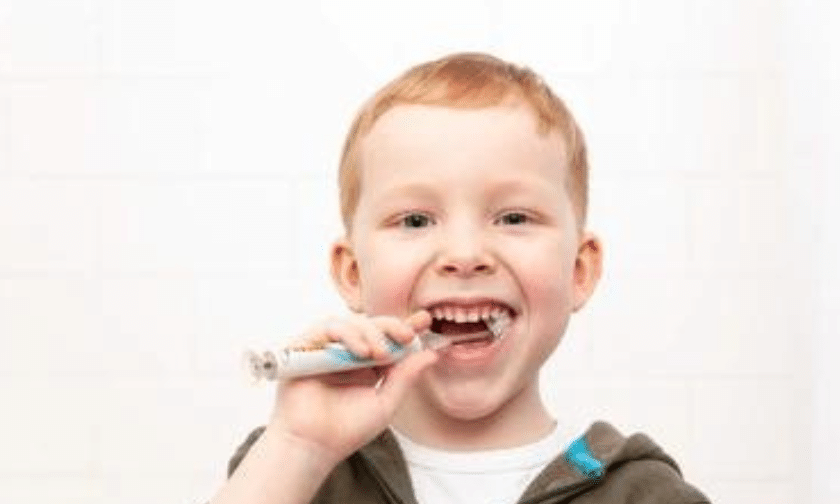
Dental hygiene is a crucial part of overall health and well-being, especially for children. Taking proper care of dental health in childhood can set the stage for healthy habits that last a lifetime. There are a few simple steps you can take to ensure your child’s dental hygiene remains on track. In this article, we’ll provide an overview of dental hygiene tips for kids so you can help keep their teeth clean and healthy.
Good dental care doesn’t just involve regular brushing and flossing – it also involves making sure your child has access to good dental products and is educated about maintaining good dental hygiene habits throughout their life. With the right approach and some patience, kids can learn how to care for their own teeth and even look forward to dental checkups.
Brushing
Brushing is the single most important dental hygiene habit for kids to learn. Getting children in the habit of brushing twice a day will help protect them from tooth decay and other dental problems as they grow up. It’s also important to set an example – don’t forget to brush your own teeth at least twice a day!
Choosing the Right Toothbrush
When choosing a toothbrush for your child, look for one with soft bristles and a small head that can easily reach all areas of their mouth. Many toothbrushes now come with timers or music built in to make toothbrushing fun and encourage kids to brush for the full two minutes.
The Right Technique
If your child is too young to effectively brush their own teeth, you can help them by using a circular motion with the toothbrush. Keep in mind that brushing too hard can damage dental enamel, so be sure to use light pressure when helping your child brush.
Helping Children Establish a Routine
Establishing a routine for dental hygiene is important for both children and adults alike. Try to associate dental hygiene habits with other daily activities like breakfast or bedtime – this will help create good habits that are easier to maintain over time.
Flossing
Flossing is just as important as brushing when it comes to dental hygiene – and it’s often overlooked. Regular flossing helps remove plaque that accumulates between teeth, reducing the risk of dental diseases like gingivitis and cavities.
How To Teach Kids to Floss
Kids may find flossing intimidating at first, so it’s important to be patient with them while they learn how to do it properly. Show your child how to wrap the floss around their fingers, then use a gentle back-and-forth motion on the sides of each tooth.
Choosing the Right Tools
There are many dental floss tools available to make the process easier for kids. Look for dental floss picks that have a larger handle and soft texture – these can be more comfortable for younger children.
Make it Fun!
Try to make dental hygiene fun by singing songs or playing music while your child brushes and flosses their teeth. If your child is feeling overwhelmed, you can even let them take turns with you brushing and flossing each other’s teeth.
Develop Healthy Eating Habits
What we eat plays an important role in our dental health, so it’s important to help teach your child about balanced nutrition from an early age. Avoid sugary and sticky snacks that can cause dental cavities, and focus instead on giving your child healthy snacks like fruits and vegetables.
Limit Acidic Foods
Acidic foods like lemons, oranges, and tomatoes can damage dental enamel over time. Try to limit the amount of these types of food your child eats each day – if they are still craving a tart taste, provide acidic fruits in small amounts or mix them with other less-acidic foods to balance out their diet.
Avoid Sugary Drinks
Sugary drinks such as soda, juice, and sports drinks contain large amounts of sugar that can lead to dental cavities. Encourage your children to drink plenty of water instead – it’s much better for their dental health.
Talk To Your Dentist
It can be difficult to know exactly what kind of foods are best for your child’s dental health, so don’t be afraid to ask questions. Talk to your dentist or dental hygienist about which types of food and drinks you should give your child, as well as how often they should come in for dental checkups.
Conclusion
Dental hygiene is an important part of growing up and establishing healthy habits that will last a lifetime. Brushing and flossing regularly, coupled with regular dental checkups and a balanced diet, can help keep your child’s teeth and gums healthy for years to come.
Q1: How often should I take my child to the dentist?
Q2: Should I use fluoride toothpaste on my child’s teeth?
Q3: What type of dental floss is best for my child?
Recent Posts
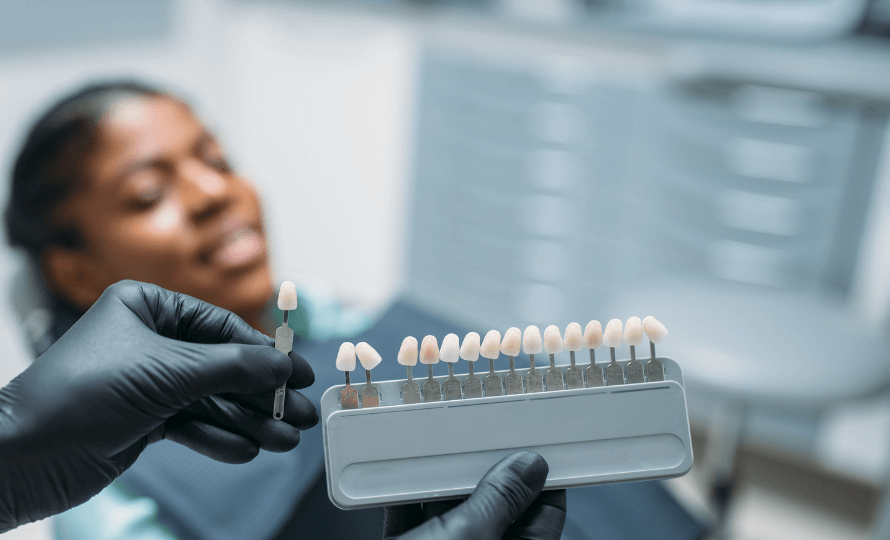
Same-Day Smiles with Our In-House Mill at Promenade Center For Dentistry
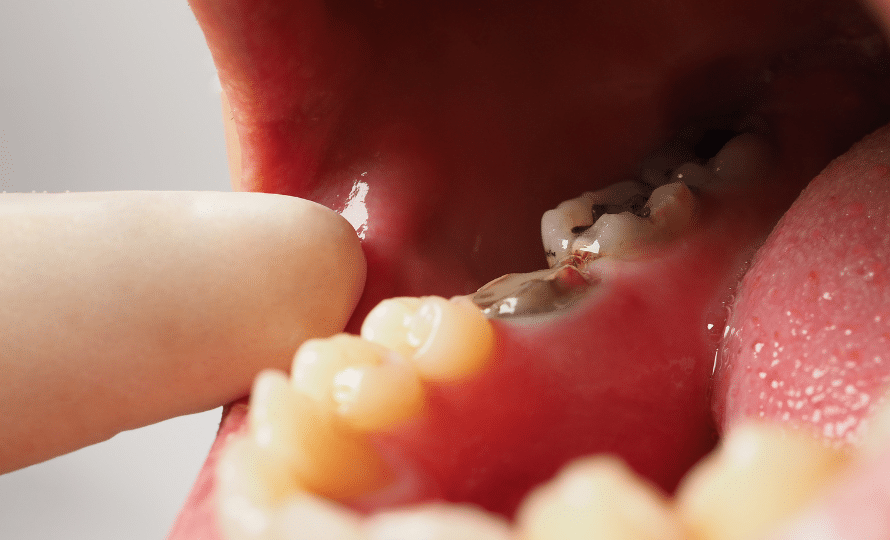
Understanding when do you need a root canal
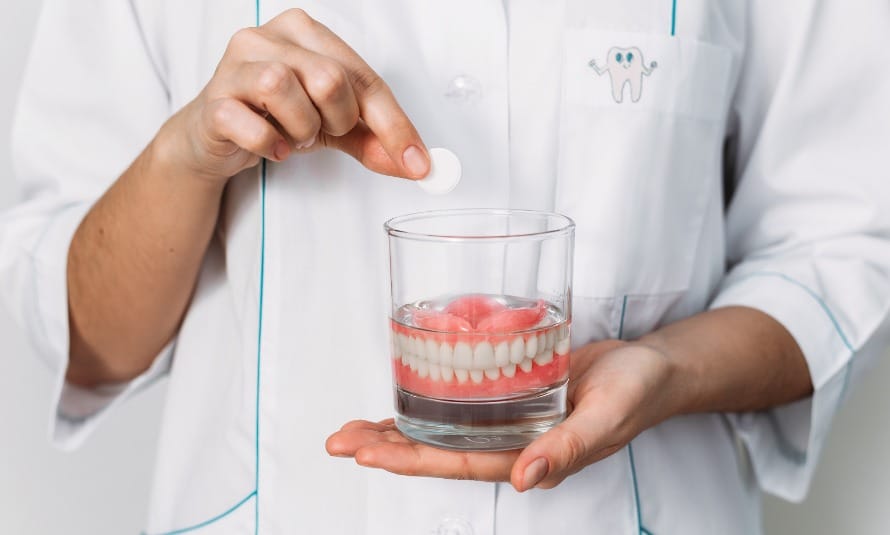
Denture maintenance and Cleaning Tips

Common Dental Emergencies: A Complete Guide
